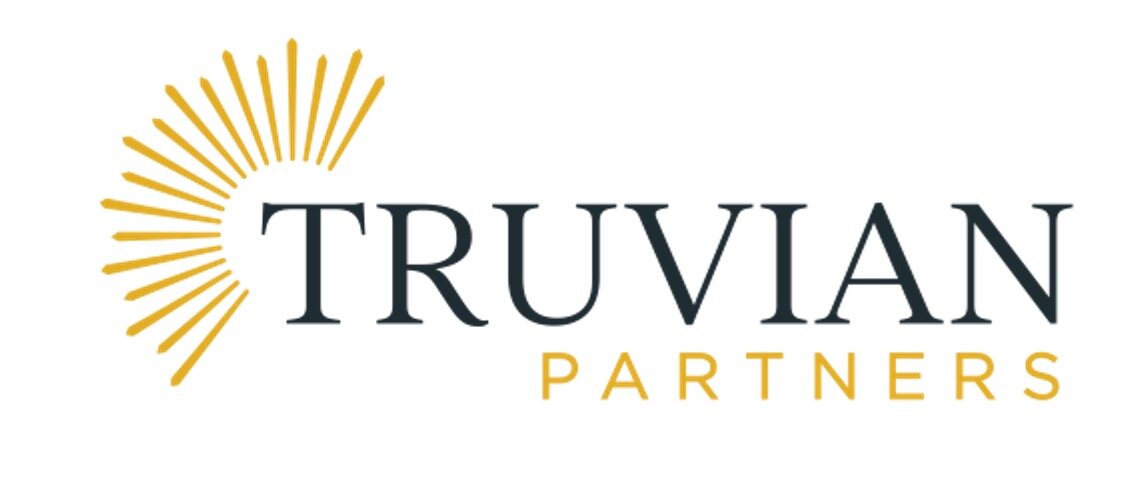The Reiss Motivation Profile® (RMP) is a standardized, comprehensive assessment of a person's needs, interests, motives, and life goals. The RMP is used in coaching, team building, conflict resolution, leadership training, and employee engagement initiatives, pair analysis and career advising.
Ages: The RMP can be used with adults of any age.
Length: This is a self-report questionnaire consisting of 128 items.
Administration: After a client completes the questionnaire online from any computer that is connected to the Internet, you are able to download and print the report within seconds. You then decide how best to share the findings with the client. Administration time is about 15 minutes.
Results: You receive a comprehensive, plain-language report that discusses how the individual prioritizes and combines the following 16 needs and what this means for job performance, leadership, team/company loyalty, competitive spirit, risk taking, and numerous other business-relevant behaviors.
The 16 Basic Desires
• Were determined strictly empirically,
• Are based on factor-analytical evaluations,
• And have been confirmed in numerous follow-up studies across cultures.
Steven Reiss assumes that at least 14 of the identified motives have a genetic determination.Our motives thus have an evolutionary origin but are shaped by culture, our beliefs, and our individual experiences. What we wish for is mostly determined by our genes, but how we fulfill our desires is mainly determined by our culture and our experiences. These 16 life motives are independent dimensions, or “factors,” which have a highexplanatory value in relation to human behavior and also have a high predictability of behavior. Every human being has a motivational fingerprint – just like everyone else has his or her genetic fingerprint. The different motivators are combined and more or less pronounced in each person in their own way. Thus, the individuality of man is taken into account and not attempted to classify people in typologies.
• The motives determine our behavior per se: to live them out is their purpose. The motive profile of a person is basically stable.
• We find a distinction between feel good-happiness and value-based happiness. By wellbeing happiness, Steven Reiss understands a person’s efforts to create a good feeling as quickly as possible and to find meaning in it. In contrast to this, there is value-oriented happiness, which means to have found the meaning of one’s own actions and to orientate one’s life towards one’s own values and motives.
Goals/benefits
For Individuals: At work, the individual RMP benefit lies in the improved self-knowledge with regard to job-relevant and personal conduct, increase in personal efficiency and positive interaction with other people (including teams).
For the company: Retaining and improving the work motivation and satisfaction, additional information in the selection of personnel and potential analysis, efficient and appropriate compilation of teams, avoidance of losses due to friction between employees and managers, positive influence on corporate culture and controlling of the management behavior.


